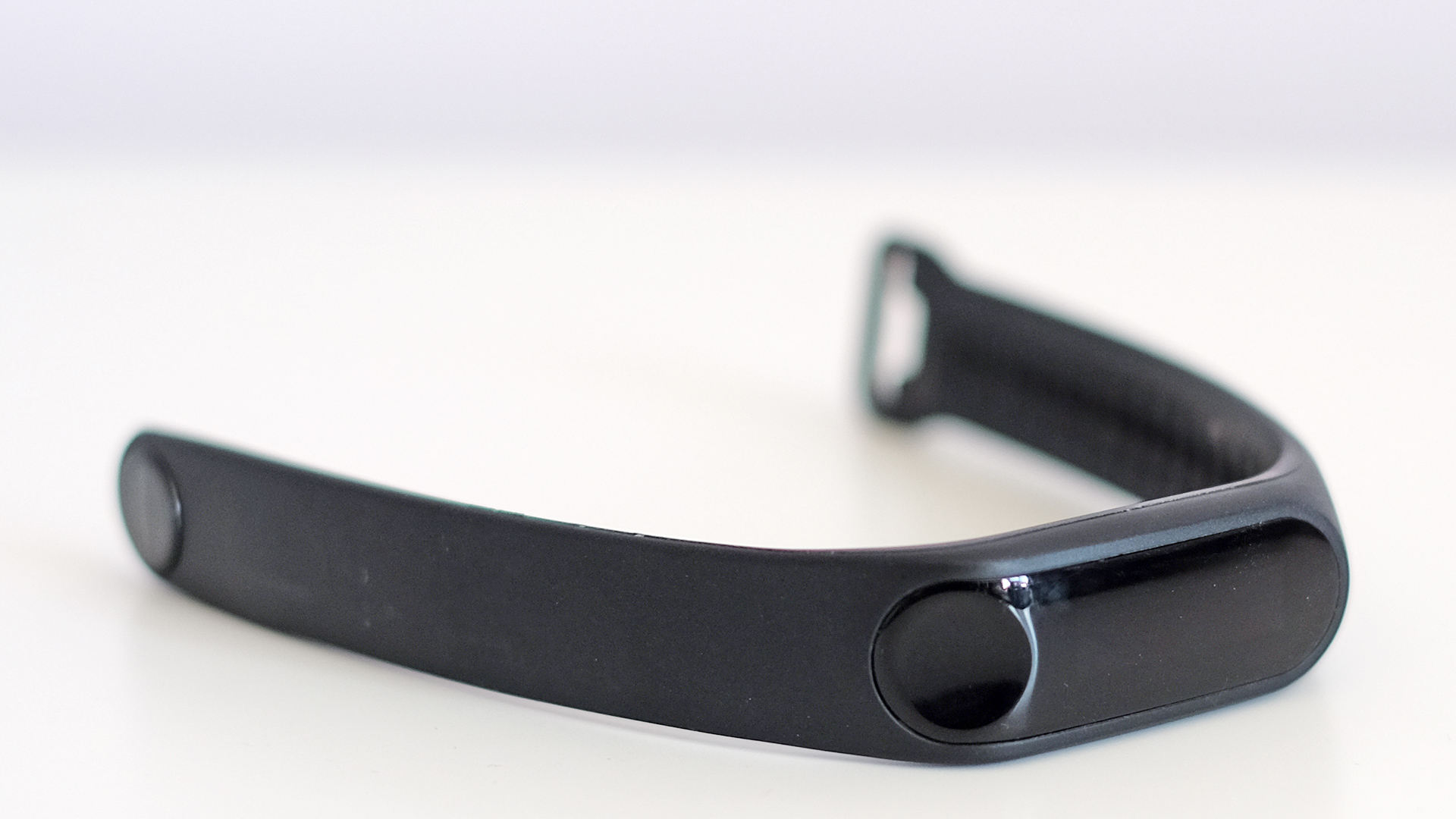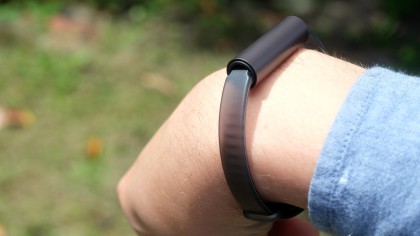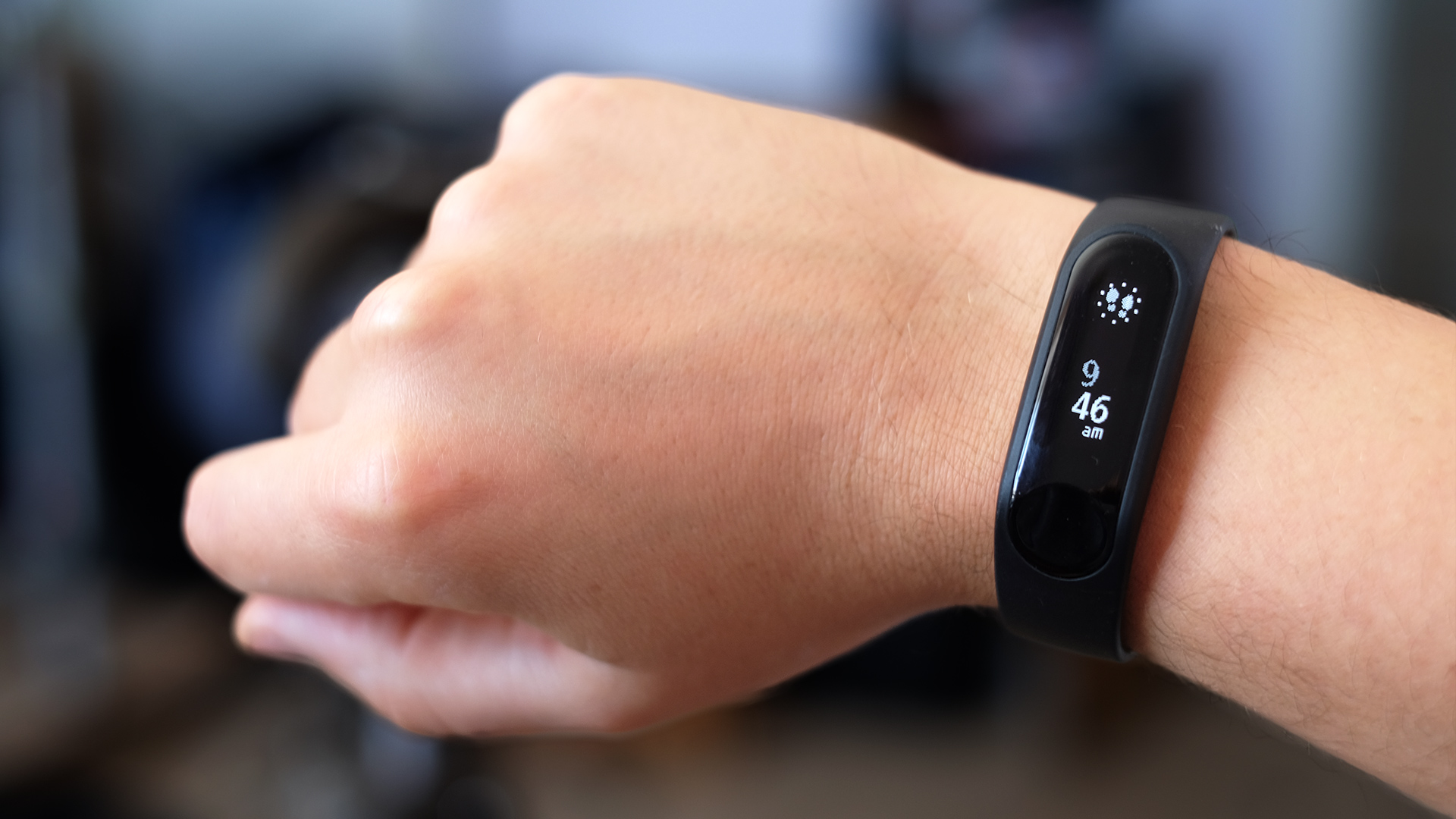Why you can trust TechRadar
Verdict
The TomTom Touch Cardio is a fitness tracker with good features for its price, like water resistance and a heart rate sensor.
On paper at least, it’s hard to beat, and thanks to its OLED screen it will work as a watch too.
In use it’s a decent fitness tracker, but there’s plenty of room for improvement. Battery life is disappointing and the interface can be a bit of a pain to use: it’s not that responsive and there are a lot of pages to show just a few stats.
Who's this for?
The TomTom Touch Cardio is for people who want a basic fitness tracker rather than a GPS watch, but want a little more than the step counting stats you can get from almost any phone.
It’s also a good fit for those on a tighter budget, being a little cheaper than some of the alternatives. That said, the basic TomTom Runner 3 is the better choice for those working up to a 5K run or marathon, as its GPS is more useful than a heart rate sensor.

Should you buy it?
If you can’t stomach the extra expense of the Fitbit Alta HR, the TomTom Touch Cardio is a sound buy. We’d probably recommend it over the more expensive fat-level-tracking TomTom Touch model, as its extra sensor isn’t very accurate and makes the design less appealing.
A little patience is needed here, though. The TomTom Touch Cardio’s battery life is not great for such a simple tracker and the touchscreen part can feel fiddly, particularly if you’re trying to operate it while exercising.
Sign up for breaking news, reviews, opinion, top tech deals, and more.
The TomTom Touch Cardio is well-priced, but light on features, so the following three trackers may better suit your needs.
Fitbit Alta HR

The closest Fitbit alternative is the Alta HR, which is significantly more expensive than the TomTom Touch Cardio. However, it looks a bit cooler, has better battery life, more fun software and more useful phone notifications.
If offered either, we’d take the Fitbit. However, if you’re just dipping your toes into fitness tech the lower price of the TomTom could make it more appealing.
- Read our full Fitbit Alta HR review
Misfit Ray

More affordable and with a look that’s more jewelry-like, the Misfit Ray has a real appeal for those just after basic step and sleep tracking. Its batteries last for up to six months too, although after that you’ll have to replace (rather than recharge) them.
There’s no heart rate sensor here though, so you don’t get extra useful information for tracking your gym sessions.
- Read our full Misfit Ray review
Garmin Vivofit 3

In some ways, the Garmin Vivofit 3 is the polar opposite of the TomTom Touch Cardio. In others, they’re extremely close.
This tracker doesn’t have an HR sensor, notifications or a particularly smart look. However, its battery life is in a completely different league, lasting for up to a year off a cell battery, and the screen offers better visibility in bright sunlight.
Beyond that, they’re both basic, affordable trackers, which will do a solid job of starting you off on your fitness journey.
- Read our full Garmin Vivofit 3 review
First reviewed: June 2017

Andrew is a freelance journalist and has been writing and editing for some of the UK's top tech and lifestyle publications including TrustedReviews, Stuff, T3, TechRadar, Lifehacker and others.
